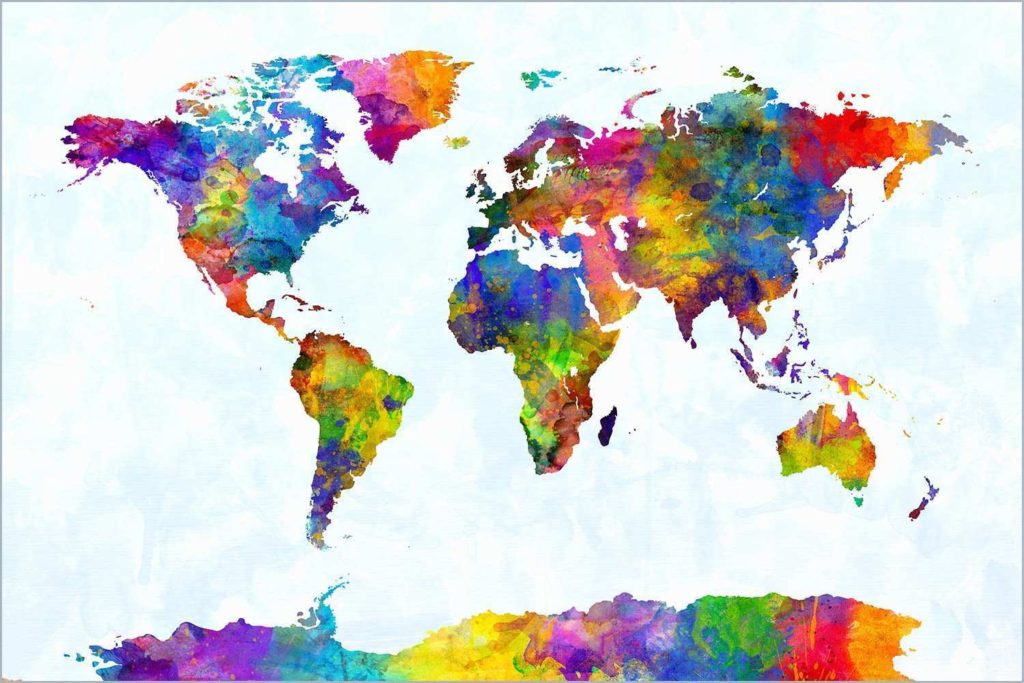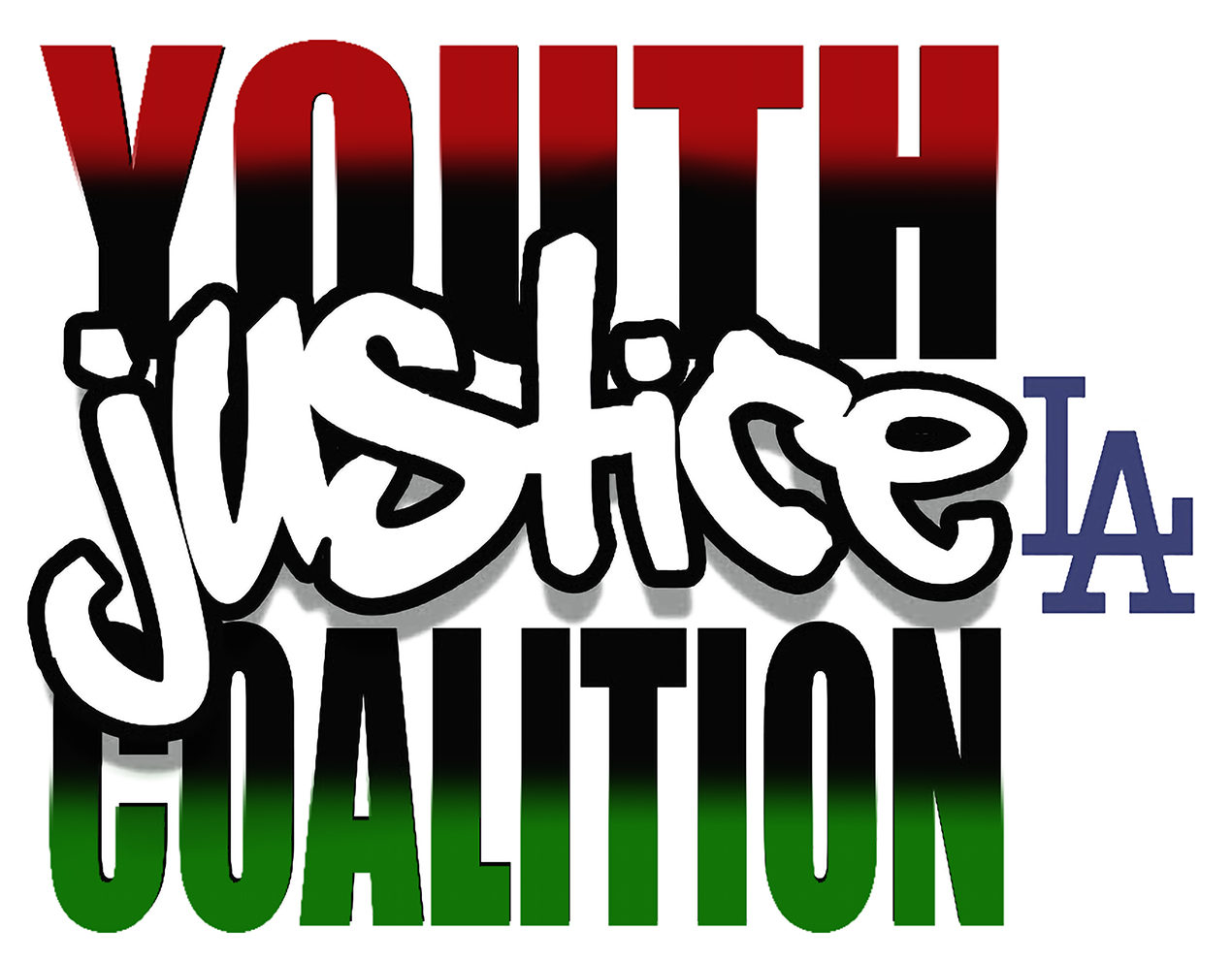A LISTING OF RESOURCES
- Resources, Research and Hook-Ups for anyone challenging the criminalizaton of youth and communities, overuse/misuse of detention and incarceration, inhumane system conditions, deportation and border militarization, and police violence.
- Some services for system involved youth/youth in conflict with the law.
- Government-run systems – both alternatives and traditional suppression models.
View/Download PDF of 2012 Listings [PDF: 1.1Mb]
What’s not here:
Extensive resources and services for crime survivors, drug treatment, housing for people as alternatives to lock-ups or for people coming home from lock-ups, housing for runaway/homeless youth.
Who wrote program descriptions?
In most cases, descriptions are written by the agencies, organizations and groups themselves. The inclusion of a listing does not indicate that we endorse or know their work. We encourage everyone to use this map as a place to start – reaching out, networking, learning from each other and building movements locally, nationally and internationally for youth and community justice.
Labeling/Disrespectful Language:
The YJC seeks to dismantle vocabulary that criminalizes and disempowers youth and communities – such as victim, predator, suspect, juvenile, minor, ward, delinquent, inmate, prisoner, offender/ex-offender, felon/ex-felon, illegal immigrant, gang/gang member. Instead we talk about neighborhoods/street organizations, child soldier, youth/people in prison, system-involved, youth/people in conflict with the law, undocumented.
However, we didn’t change the names or labels used by groups in their descriptions. All labels are part of their description and process, not ours.
Why so much from California and the United States?
Because we are located in Los Angeles, a much greater number of groups are listed from our state and the U.S. This is not an indication that there are more groups here.
Entries are organized according to geography.
On the right side of each listing is the type of work they do:
- Activist Arts – Cultural Expression
- Advocacy – Public Policy Development and Legislator Education
- Alternatives to Arrest, Court, Detention and/or Incarceration – Community Based
- Direct Action/Youth-Community Organizing; may or may not include Civil Disobedience
- Economic Development
- Funding/Resources to Support the Work
- Government – Traditional Custody and Court Systems
- Government – Alternatives – System-run Alternatives to Arrest, Court, Detention/Incarceration
- Hate Crimes Prevention, Intervention Including Monitoring of Hate Groups
- Healing Arts – Arts activists intended to help people heal
- Immigrant, Migrant and Refugee Rights – Anti-Deportation Work, Refugee Resettlement
- Legal Defense
- Legal Education
- Media – Alternative
- Media – Education and/or Advocacy
- Media – Monitoring
- Police Accountability, Monitoring of Police, Anti-Police Brutality Work, Establishing Alternatives
- Program Development
- Research
- Services to Youth in the System/Youth in Conflict with the Law
- Technical Assistance
- Training
- Transformative/Restorative Justice
- Violence Prevention/Intervention including Truce Building among Street Organizations
View/Download PDF of 2012 Listings [PDF: 1.1Mb]

